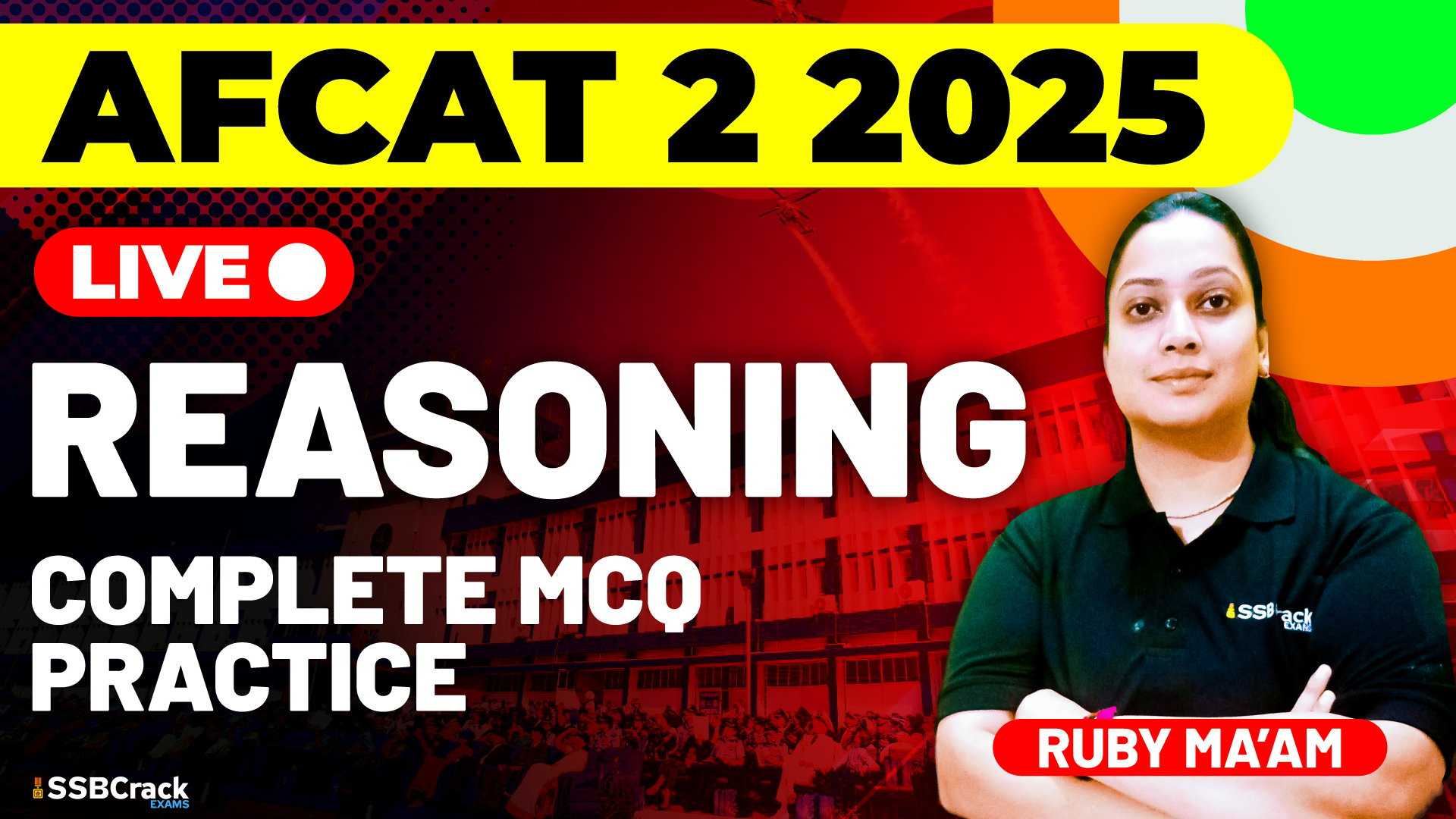Air Force Common Admission Test (AFCAT) is a gateway for aspirants seeking a career in the Indian Air Force as a commissioned officer in Flying, Ground Duty (Technical), and Ground Duty (Non-Technical) branches. Among the four major sections in the AFCAT written exam—General Awareness, Verbal Ability in English, Numerical Ability, and Reasoning and Military Aptitude Test—reasoning plays a particularly critical role. Let’s delve into why mastering the reasoning section is vital for every AFCAT aspirant.
1. High Weightage in the Exam
The Reasoning and Military Aptitude Test section alone comprises 35 questions out of 100, making it the most extensive section in terms of the number of questions. With each question carrying 3 marks, this section contributes 105 marks out of the total 300. A good performance here can significantly boost your overall score and increase your chances of clearing the cut-off.
2. Time-Efficient Scoring Opportunity
Unlike sections like Numerical Ability, which may require lengthy calculations, reasoning questions are typically quicker to solve with the right strategy and practice. These include questions on:
- Spatial ability
- Embedded figures
- Pattern completion
- Classification and analogy
- Venn diagrams
- Coding-decoding
With strong reasoning skills, a candidate can answer more questions accurately in less time, improving the overall time management during the exam.
3. Reflects Officer-Like Qualities
The Indian Air Force not only evaluates your knowledge but also your cognitive abilities and logical thinking. The reasoning section is designed to assess:
- Mental agility
- Decision-making ability
- Pattern recognition
- Situational judgment
These qualities are directly linked to the officer-like qualities (OLQs) expected in the Services Selection Board (SSB) interviews, making this section doubly important.
4. Improves Overall Exam Strategy
Strong reasoning skills can balance out weaker areas in other sections. For example, if you find Numerical Ability challenging, a strong performance in Reasoning can compensate for that. It provides a strategic advantage, especially since the cut-off score is cumulative.
5. Foundation for SSB and Future Roles
Reasoning is not just about clearing AFCAT. It is a mental habit that plays a role during the SSB interview and throughout your career in the Indian Air Force. Logical thinking, quick problem-solving, and the ability to assess situations swiftly are critical for any officer.
Tips for Excelling in the Reasoning Section:
- Practice regularly: Use AFCAT-specific reasoning books and online quizzes.
- Work on spatial ability: Practice non-verbal reasoning such as embedded figures and pattern completion.
- Time yourself: Develop speed and accuracy through timed mock tests.
- Analyze your mistakes: Review mock test solutions to avoid repeating the same errors.
Final Words
For AFCAT aspirants, the reasoning section is not just a part of the exam—it’s a pathway to success. It can help you maximize your score, showcase your mental aptitude, and prepare you for the responsibilities of an Air Force officer. Approach it with the seriousness it deserves, and it can be your ticket to the skies.
Aim high. Practice hard. Fly higher.







